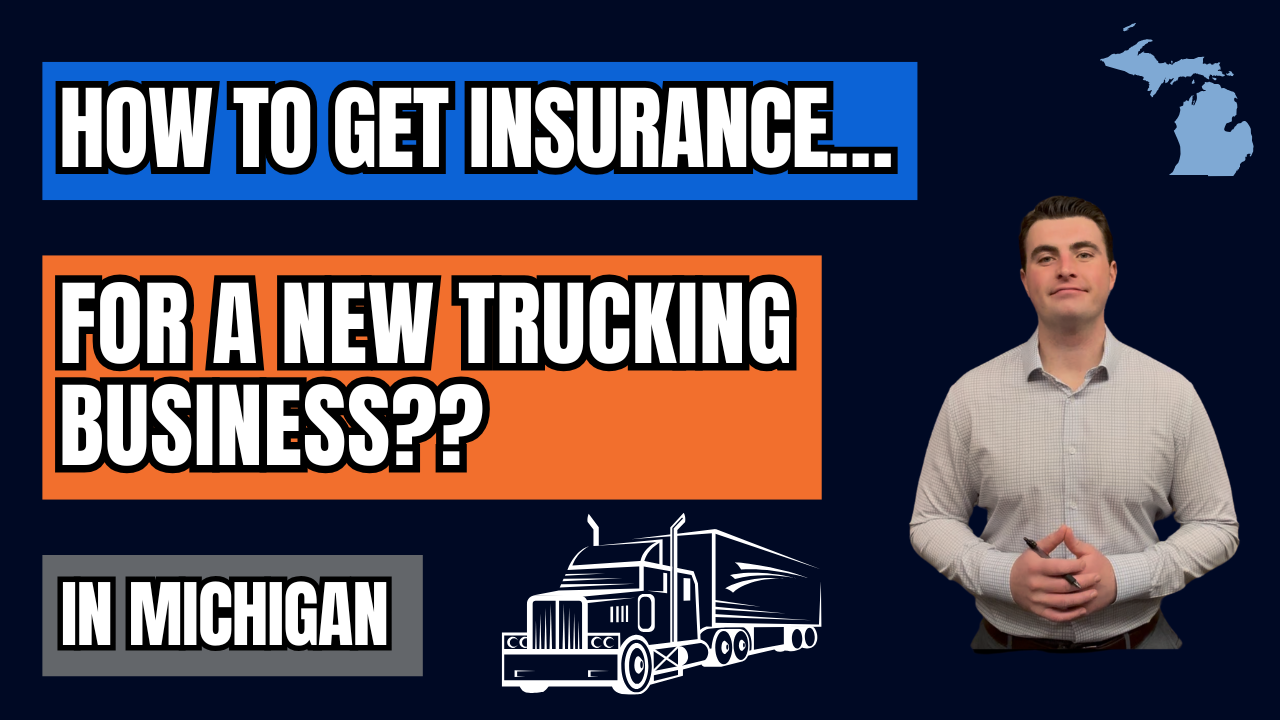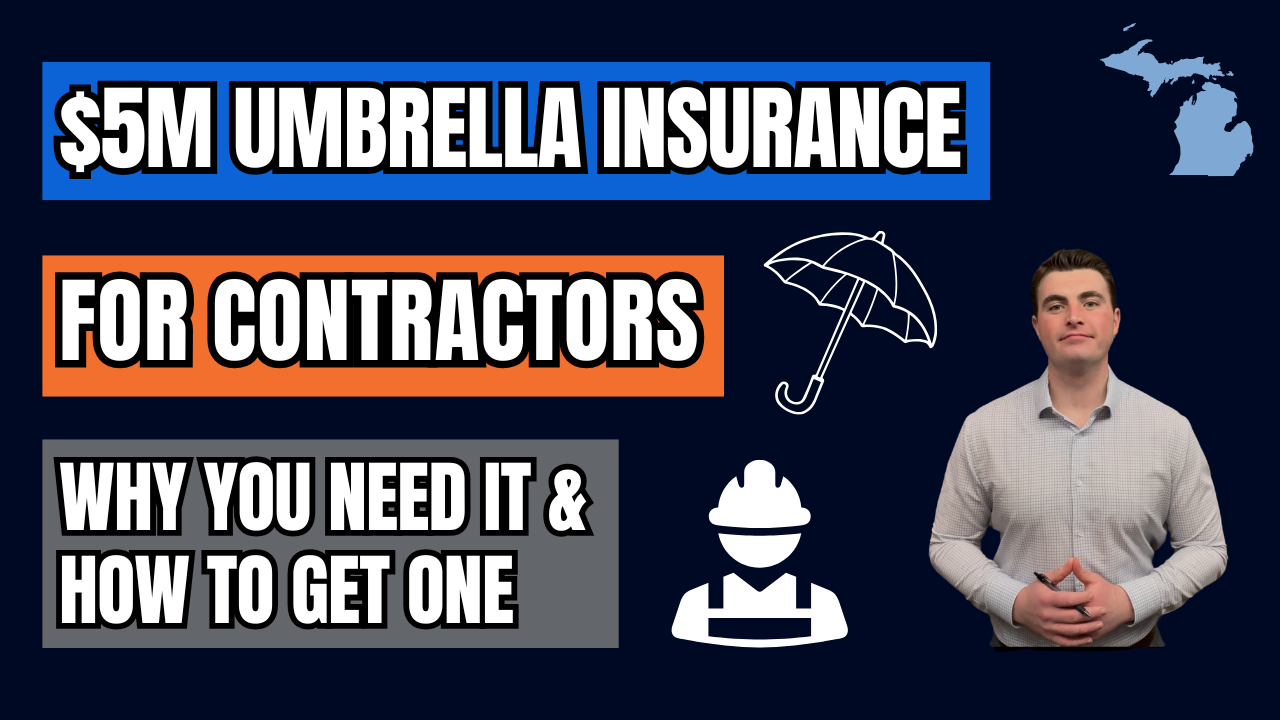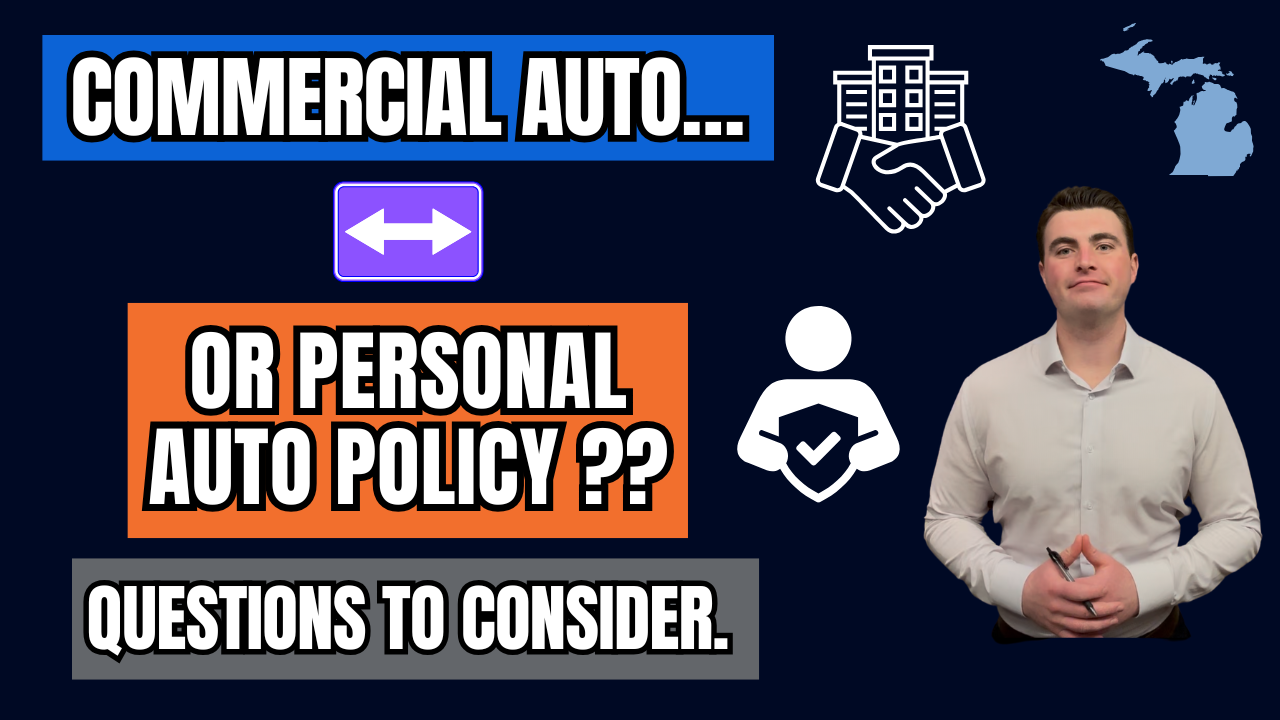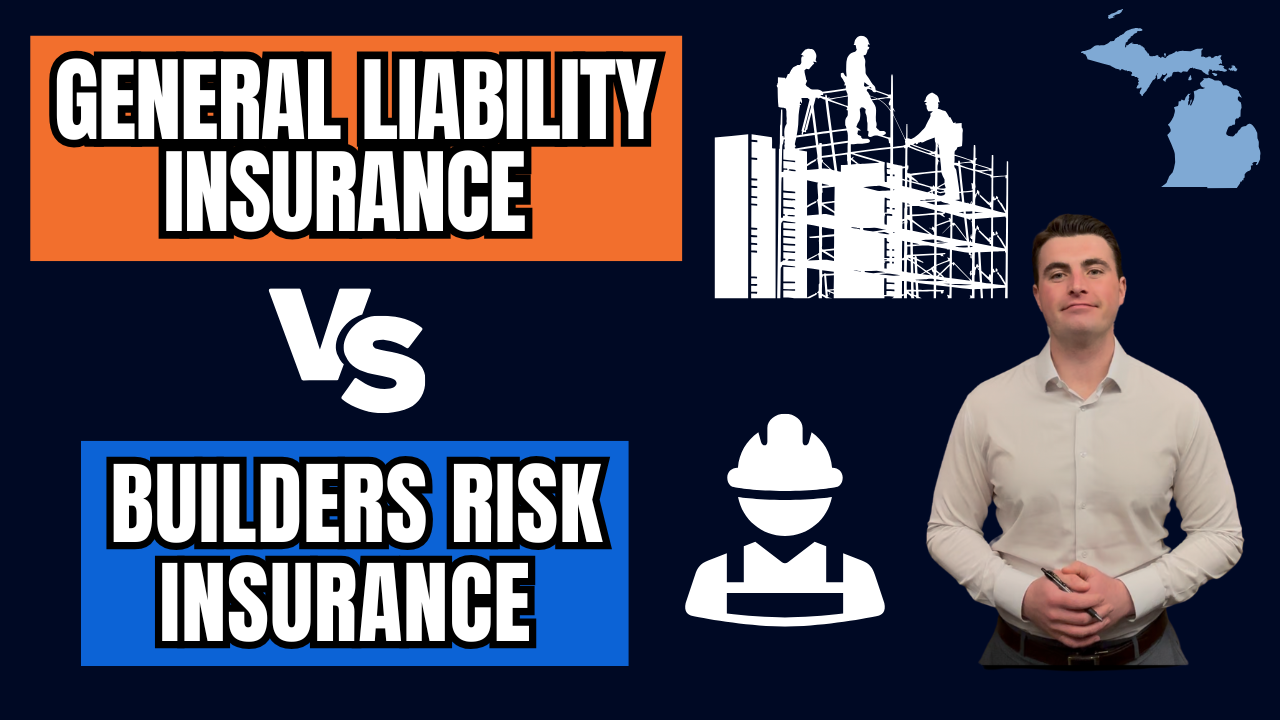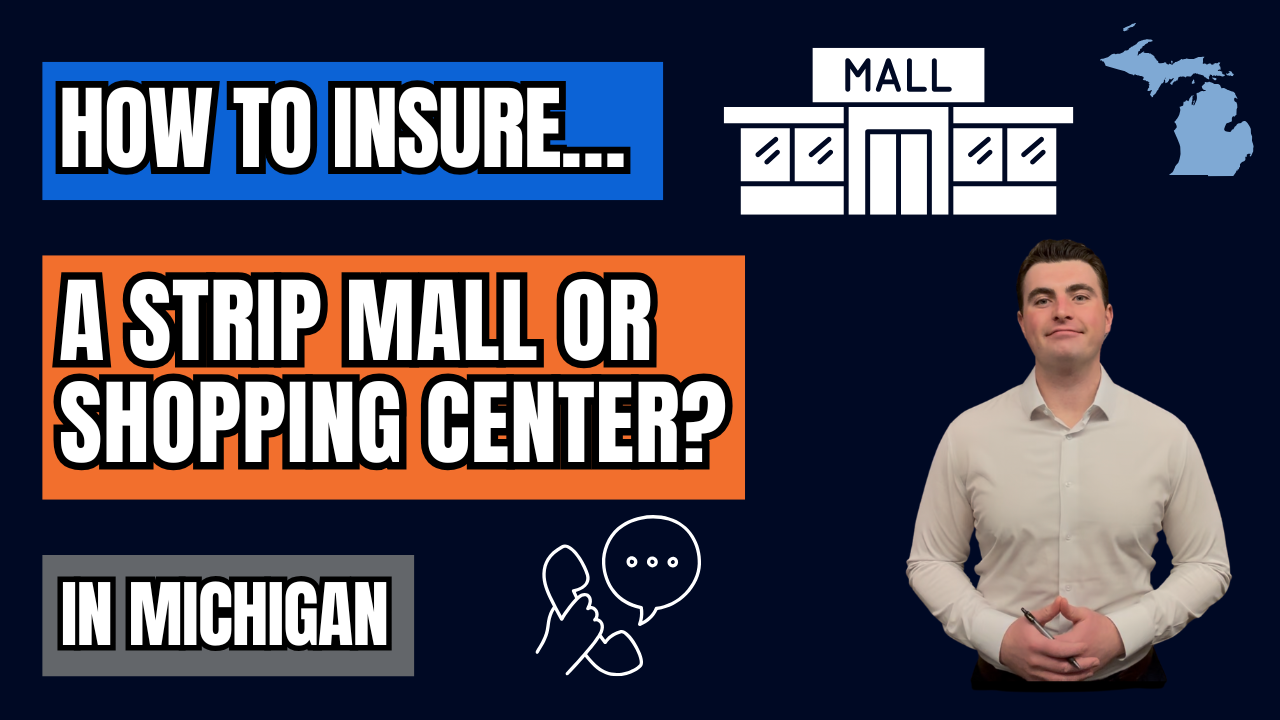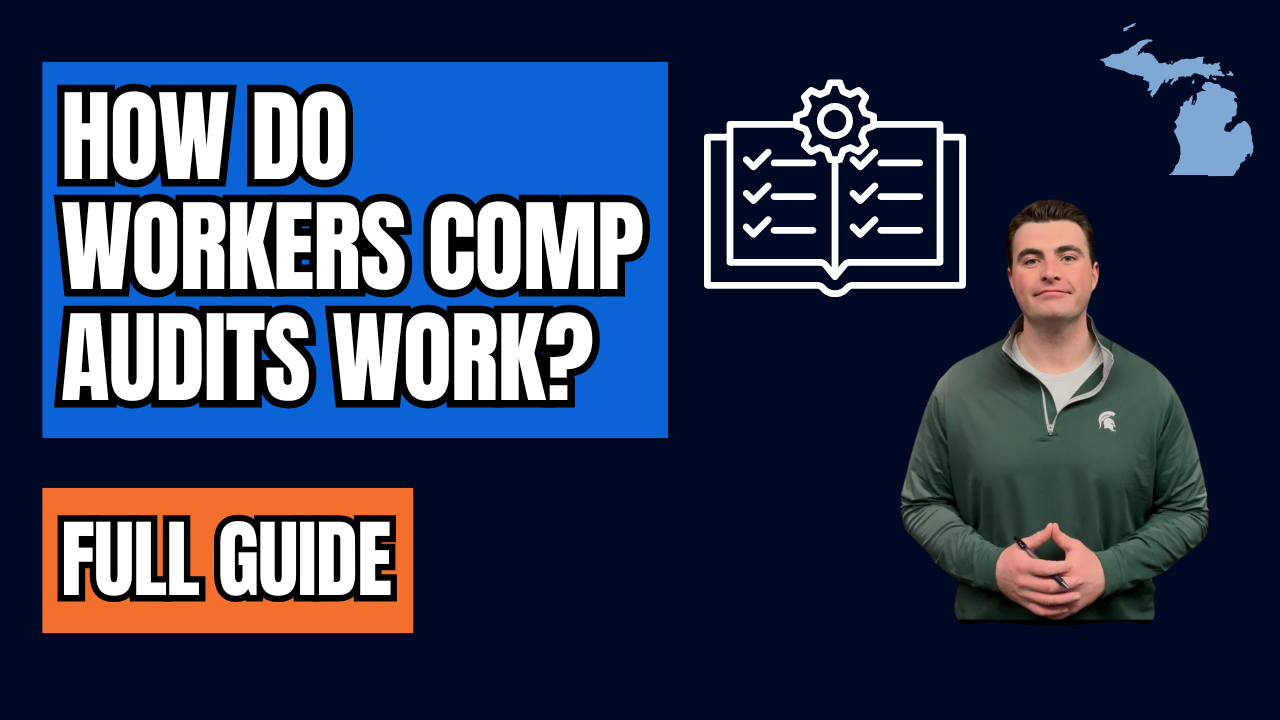What Are The Workers Comp Rates In Michigan? | Michigan Commercial Insurance 101
What Are The Workers Comp Rates In Michigan? | Michigan Commercial Insurance 101
Understanding Workers Compensation Rates in Michigan
Workers compensation insurance is state-mandated coverage in Michigan, which means most businesses with employees are required to carry it. While the coverage itself is fairly standard across the board, the actual cost of workers comp insurance varies depending on several important factors.
If you’re a business owner in Michigan, here’s what you need to know about how rates are calculated.
Payroll and Its Impact on Cost
The foundation of your workers comp premium is payroll. The more employees you have and the higher your payroll, the more you’ll pay. Insurance companies multiply your payroll by a rate that corresponds to each employee’s job duties.
Class Codes and Job Duties
Every employee is assigned a class code based on their role. These codes reflect the level of risk associated with different job duties:
- A plumber doing field work will have one class code.
- A project manager or superintendent will have another.
- Clerical staff are placed into a low-risk clerical code.
- Salespeople have their own code as well.
Each class code carries a different rate, which is applied to the payroll for that category of employee. This system ensures that riskier jobs pay higher premiums than lower-risk ones.
Industry Risk
Not all industries are created equal when it comes to workers comp costs. A construction company will almost always pay more than an office-based business like a mortgage company. That’s because the risk of on-the-job injury is much higher in construction than in a typical office environment.
The Experience Modification Factor (E-Mod)
Another key part of the equation is your company’s experience modification factor, often called an e-mod or simply a mod.
- A 1.0 mod is average for your industry.
- A mod below 1.0 (for example, .80) earns you a discount—about 20% less than average.
- A mod above 1.0 means higher premiums, since it reflects a worse-than-average claims history.
In short, businesses with fewer claims are rewarded with lower costs, while those with more frequent or severe claims pay more.
Workers Comp Audits
At the end of each policy period, your workers comp policy will go through an audit. The insurance company will review your actual payroll numbers for the year.
- If your payroll was higher than estimated, you may owe additional premium.
- If it was lower, you could receive a refund.
This audit process ensures that your premium matches your actual risk exposure.
Final Thoughts
In Michigan, workers compensation rates are shaped by payroll, class codes, industry type, and your claims history. The experience modification factor and annual audit also play a big role in your final cost.
If you’re unsure how these factors apply to your business, or you want help keeping your rates as low as possible while staying compliant, working with an experienced Michigan commercial insurance agent can make all the difference.
Contact Us
We will get back to you as soon as possible.
Please try again later.




